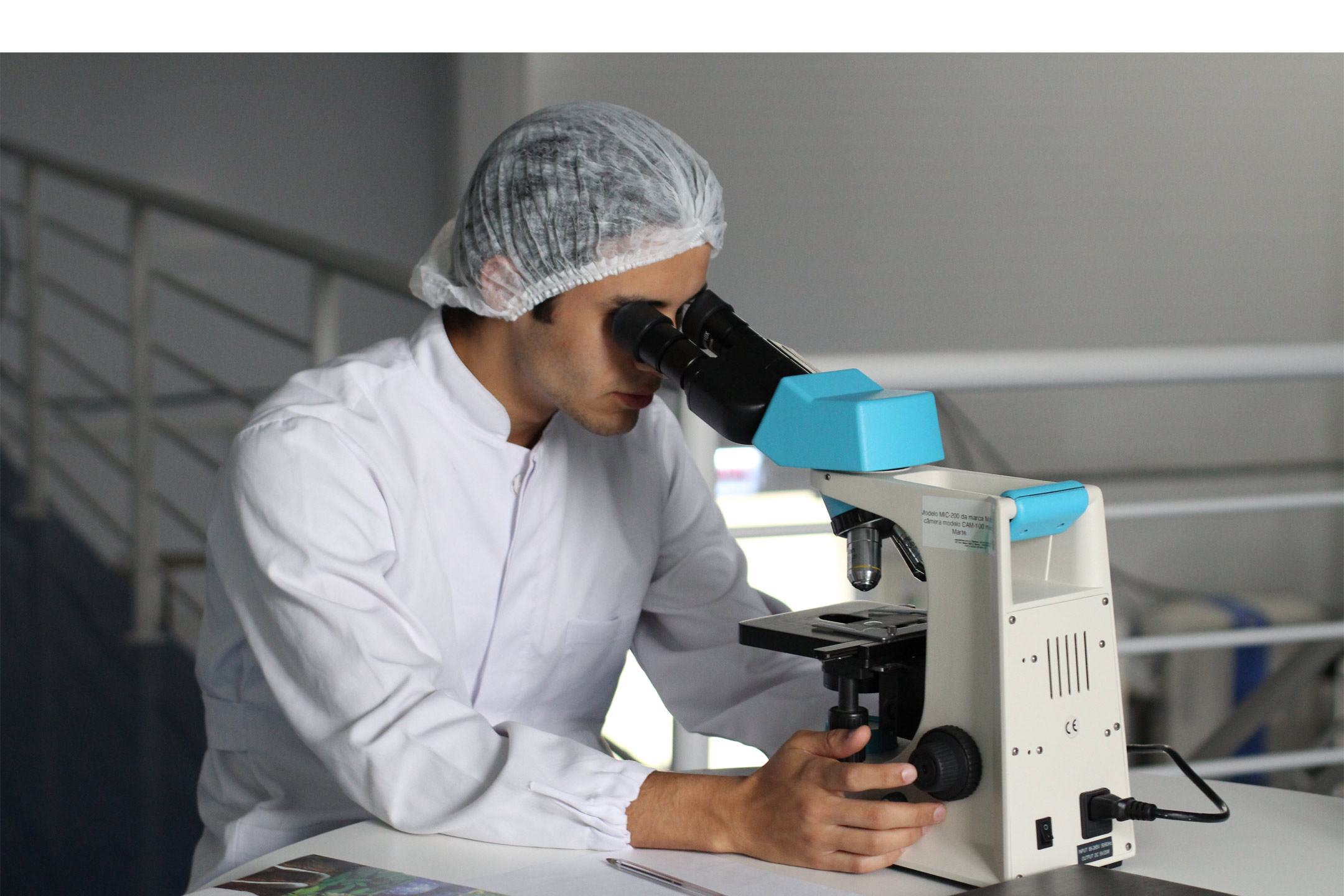
04 Jan What is social egg freezing?
Historically, the process of egg freezing has been used for patients undergoing medical procedures where there is a significant risk to their fertility reports Dr Sonya Jessup, but now, there is a growing trend towards egg freezing for social reasons.
Over the past several decades the average age of a woman having her first baby has increased to an all-time high of 28.4 years. Women are deciding to delay having children either because they haven’t found the right partner, or they want to focus on their careers first and there is a now a greater demand than ever for social egg freezing.
In fact, some Australian companies are even looking into the option of freezing their female employees’ eggs for their fertility future. While many women undergoing social egg freezing see it as a way to ‘safeguard’ their fertility, it’s not a decision that should be made lightly.
What is social egg freezing
Social egg freezing became a possibility for women from around 2012. The process of egg freezing (Oocyte cryopreservation) is essentially the process of IVF without an embryo transfer. For a woman undergoing egg freezing, preliminary tests including a blood test and ultrasound scan are performed. FSH (follicle stimulating hormone) injections are started off the third day of her period and continue for approximately five days to stimulate the growth of the follicles.
A second injection is added towards the end of the cycle to stop the eggs accidentally being released too early and a nasal spray is used to induce ovulation. The eggs can then be retrieved by a needle at vaginal ultrasound under local anaesthetic and are then frozen. The woman will then get her next period in two weeks’ time.
It is recommended that at least three egg freeze cycles are performed to give women a realistic chance of conceiving when these eggs are fertilised to become embryos at a later date. With today’s embryology advances, the majority of frozen eggs should survive the freeze/thaw process, whether they are frozen for one or up to 10 years.
What to consider
So what is the optimal age to consider freezing your eggs? Egg freezing has the highest chance of success when performed at an earlier age. Conversely, however, the younger a woman is, the less likely she is going to actually have to use her frozen eggs as many young women will start families with their partners naturally before the need for frozen eggs is likely.
For social egg freezing, the ages 35 – 37 years shows the largest benefit over no action and appears to be most cost-effective in women who do not have any ovarian impairment.
Negatives – there is no guarantee
For women who undergo a collection cycle, there is a misconception that getting more eggs in one cycle will give them their ‘best insurance’ for a baby, later on, however, this is not necessarily the case. The ovary contains lots of eggs, and each month about 50 of these eggs begin to grow. In a natural cycle, the egg that is the most competent is released.
Egg freezing does not use up any ‘extra’ eggs but rather rescues some of the eggs that were never going to be released. Not all of these ‘extra’ eggs are the same quality and we know from past experience that many of the eggs collected in high egg yield cycles do not fertilise and grow normally.
The IVF process is very individual and very different for every woman. The quality of each individual’s eggs is unknown due to unknown factors about egg quality and some underlying fertility issues are not identified until the first egg collection IVF cycle. While freezing your eggs substantially improves a woman’s chance of conceiving a child of her own when she is of older age, there are no guarantees that the eggs collected will definitely go on to make babies in the future.
Costs involved
The costs involved for egg freezing can be from as little as $2000 out of pocket. Should a woman choose to use her frozen eggs in the future, she can either fertilise them with her partner’s sperm or can use donor sperm. The costs of the thawing, fertilising and implanting the embryos at this stage is approximately $4000.
To freeze or not to freeze?
Freezing eggs is not a guarantee of future fertility. But it definitely improves the chances that an individual may be able to have not just one child, but a family even if she is in her late 30’s or 40s. It is safe, relatively uncomplicated and involves an individual assessment of fertility that very often leads to better decisions in a current relationship and in general life choices. Egg freezing is here to stay and may well become mainstream in the future when IVF is likely to become more prevalent not just for infertility, but as a means of minimising genetic disease transmission to our children.
Dr Sonya Jessup, BHB MBChB MRM FRANZCOG is an experienced Fertility Specialist and Gynaecologist at Demeter Fertility, who has studied and worked in Reproductive Medicine for the past decade. She has been through IVF herself and works to create a happy, low stress, sustainable approach to fertility treatments.

